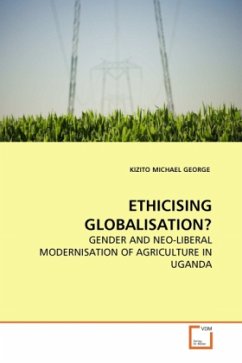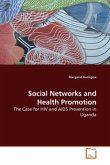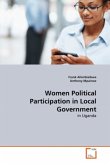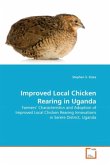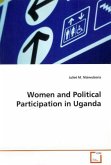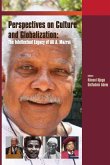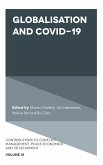This book offers a philosophical critique of the gender ramifications of the modernisation paradigms in Uganda's Plan for the Modernisation of Agriculture (PMA).The book is premised on the contention that due to the need to increase food productivity to feed Uganda's ever increasing population, in addition to the poverty production tendency in subsistence production, the modernisation of Uganda's agriculture for sustainable poverty eradication cannot be overemphasised. The book argues that although Uganda must modernise if it is to compete favourably in a modernising global market economy, the end of modernisation ought to be the enhancement of the productive capabilities of both men and women. Modernisation should not treat human persons as a means to an end but rather, human persons should be treated as the actual ends of modernisation. The book surmises that if agricultural modernisation in Uganda is to be engendered, it must be premised on a practical commitment to gender equity, as well as a strong and accountable democracy committed to material and structural adjustments aimed at guaranteeing the common good.
Bitte wählen Sie Ihr Anliegen aus.
Rechnungen
Retourenschein anfordern
Bestellstatus
Storno

